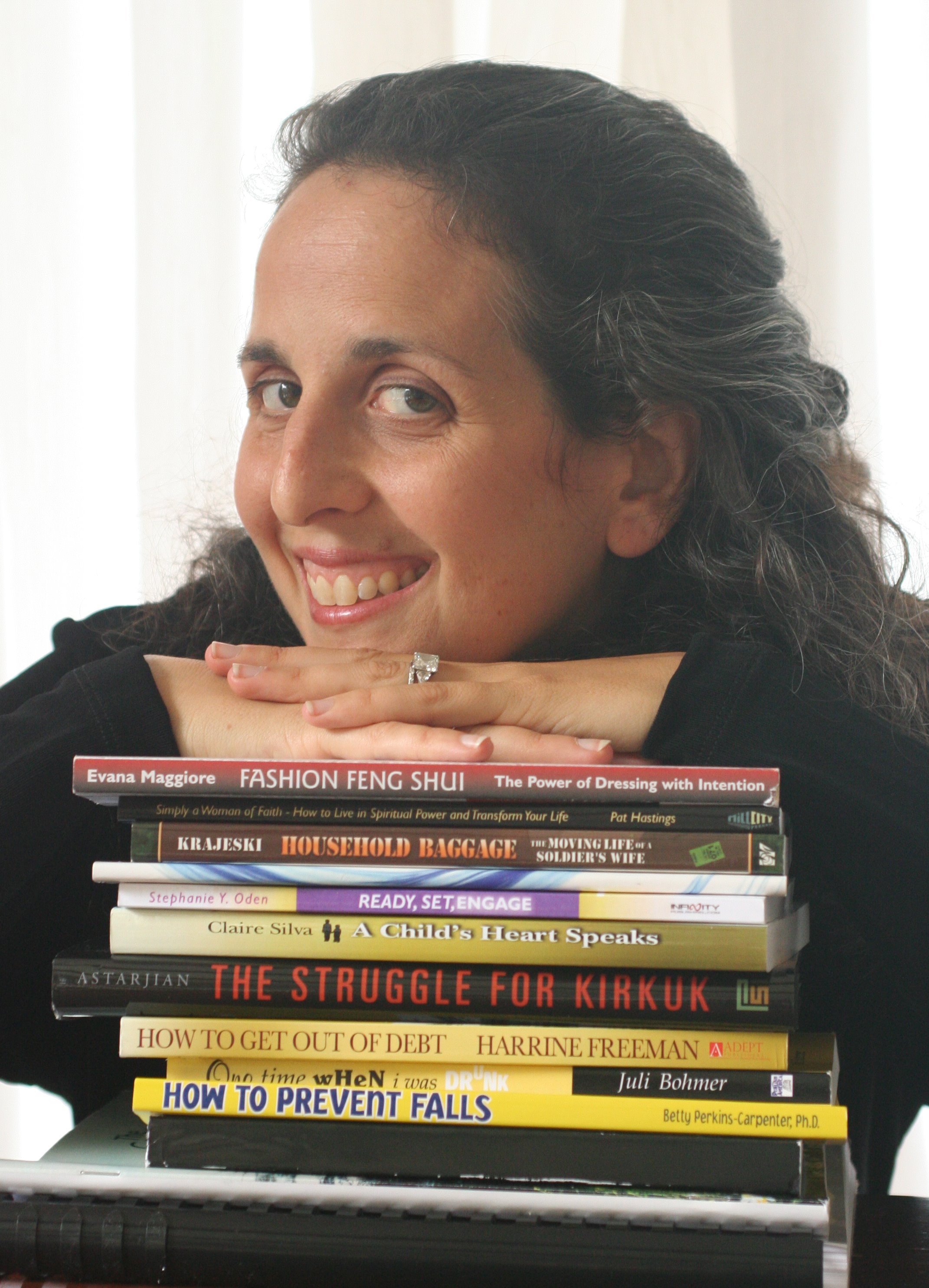
Note: This post on how to choose a literary agent and questions to ask a literary agent has been updated for 2022.
In my last post, I shared the story of a client who just got a call from a top literary agent who wanted to represent him and his book.
Now, he needed to know how to choose a literary agent. Seven other agents had recently requested to see his book proposal. These are the questions I suggested he ask the literary agents:
10 Questions to Ask a Literary Agent
1. Why are You Passionate about this Book? Notice what words and tone the agent uses. Are they conveying passion? Compare the different agents. The ones who sound most enthusiastic to you will also be most passionate with publishers. Their passion can translate into a higher chance of an offer and perhaps even a bigger commitment from a publisher–which can include more than a bigger advance (bigger budget, bonuses, etc).
2. Why are You a Great Match for this Book? I asked this question on behalf of another client once and the agent compared my client’s book to several bestsellers she’d sold to publishing houses. This told me that she felt this book had the kind of bestseller potential of her biggest successes–and that she would give this book the kind of attention and energy she gave to her top books. She did and this first time author is signed a contract for a 6 figure advance with a major publisher.
3. Whom are You Thinking of Pitching? Okay, some agents may not answer this question, but they may throw out the names of several publishers. It should at least give you a sense of what they’re thinking. Sometimes agents will give you more information than you expect. I’ve had an agent say that she was planning to show a book proposal to senior editors at several specific large publishing houses. To know that she planned to show the book to the high level editors provided information about how high level the book might go and what kind of advance she might be able to get.
4. Will You Edit My Sample Chapters or Require I Hire an Editor? Some agents edit a manuscript and others will suggest an editor or ghostwriter. This is really a matter of individual choice. Some agents don’t have the time to edit sample chapters and others, no matter how busy, want their hand in the editing. Either can work fine, but if you need to invest money in an editor, get an estimate ahead of time, ask for samples of the editor’s work and get outside references.
One client of mine signed with an agent that a friend of hers recommended, who then sent her to a horrific ghostwriter. The author’s chapters were strong and the ghostwriter totally botched them. This cost the author money and even the agent later admitted that the ghostwriter did a horrible job and ended up using the author’s original chapters. Lesson learend.
5. What’s Your Vision for the Book? Find out what markets the agent sees for the book. Do they expand beyond your initial ideas? Does the agent anticipate an international audience? If so, what is the agent’s experience in pitching internationally? Most US literary agents collaborate with foreign rights agents to sell the foreign rights and they require a larger percentage of the royalties for those books, since they have to split the commission with a foreign rights agent, but this varies. Also, ask agents how they envision selling subsidiary rights (it’s often most lucrative for the author if the agent retains the rights and sells them separately).
6. Are There Changes You Want me to Make to the Proposal? If So, What are They? You want to be sure that you and your agent are one the same page and that you agree with his/her suggestions. If you don’t understand the reasons for certain changes, ask.

7. Are There Steps You’ll Want Me to Take Before You Pitch the Book? Some authors sign an agreement with a literary agent only to find that the agent wants them to make big changes before pitching the book. The agent may require proposal rewrites, sample chapter revisions, a new website, a video for the website or even large scale platform building. Make sure you understand the specific expectations before you sign. They may be completely appropriate, but you want to know what they are before you sign. If your agent does want you to build your platform more, how involved will the agent be in the process and what does he/she envision?
8. How Soon Do You Plan to Pitch the Book? The agent may have other projects ahead of yours. Or they may take the summer off. Or the platform building may take time. Find out what they’re thinking. It’s not a bad sign to take the extra time to further polish the proposal or grow your platform, but it’s important to set expectations on both sides.
9. What Percentage is Your Commission and How Often Will You Send my Payment? Your agent collects your royalties from the publisher and then pays you after taking his or her commission. Industry standard is a 15% commission. Some agents will negotiate 10%- 12% if you bring them the publisher and they are just negotiating the deal.
10. What is Your Preferred Method of Contact (e-mail/phone) and How Frequent? You may think, “I’ll just be thrilled to get an agent.” However, their communication style and frequency is going to be very, very important to you. Some agents prefer phone, others e-mail. Some agents update their clients frequently and others may not contact a client for weeks or months unless they have news. Make sure you are happy with the agent’s policies and that it works for you. If you know you are going to .
Of course, research the literary agent before you speak!
The above questions to ask a literary agent assume that you have already done your research on the literary agent before you speak. In fact, you should research them before you send your query. Below are resources for finding the right match and finding out information on a particular agent.
How to Find a Literary Agent

Here are some excellent places to find a literary agent:
Note: You want an agent who is a member of AAR (the Association of Authors’ Representatives) so that you know they are legit. Some agents don’t follow the rules and can have conflicts of interest, for example.
This post on how to find a literary agent goes into greater detail about how to find the right match, what to send the agent, what happens after you sign a contract with a literary agent and more.
Do your homework before asking questions of the agent.

Before you every speak to a literary agent and ask questions, you should have researched them. In fact, you should do this research before you query the agent.
Here are the four questions you should research by looking at the literary agent’s website, doing a Google search and/or checking out Publishers Marketplace:
1. What authors/books does this agent represent?
2. How many bestsellers have they represented?
3. How big are the deals (in dollars) that they’re getting?
4. Does this agent/firm have experience selling subsidiary rights, such as film?
One more thing to do before you sign a contract with a literary agent
It’s a good idea to have a lawyer look over the contract for the fine points, including what happens if the agent doesn’t sell the book. When does the contract expire? Would you be free to look for another agent if the agent is not successful at selling the book within a specific period of time?
I’d love to hear your ideas or any questions you have about how to attract or choose a literary agent. Please share in the comments section and feel free to share this post on social media using the share buttons!



Good morning Lisa, Thanks for the great information as usual. Your advice and information has helped me get a large publisher interested in my book proposal. I want to have a literary agent before I meet with them, do you have someone you could recommend?
Thanks again, William
Such great news, William! I do have some suggestions. Please give me a call and we can talk about particular agents I have in mind and who might be the best fit for you.
This is exciting for me–2012 is a great time for growing and becoming. Thanks Lisa, for helping me grow confidence to become a published first time author. Now I need to get to building my platform…
How do you find an agent that is a good fit? I have children’s books.
Hi Betsy, I am sorry I missed this question earlier. You can check out Publishers Marketplace. And Agent Query has a large database of literary agents.